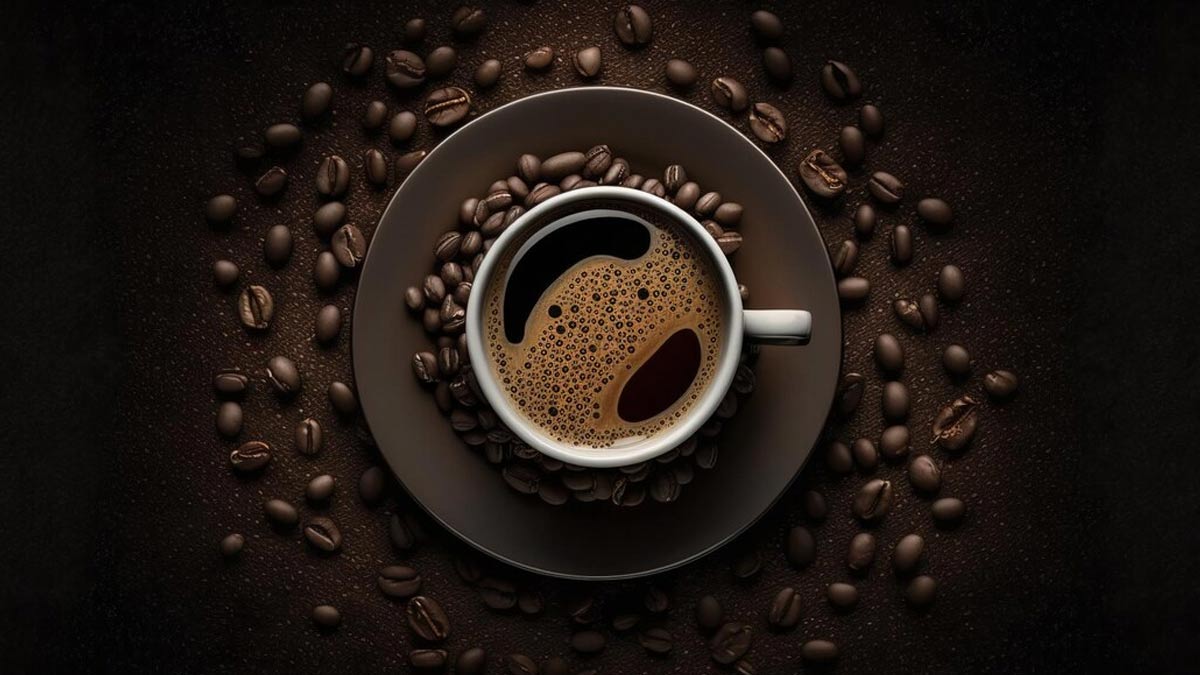
Are you one of those who cannot start their day without a hot cuppa? Do you want caffeine to stay up and about? Is the first response to a stressful day at work only coffee? If your answer to these three questions is a Yes, then this article is certainly for you to read.
Table of Content:-
Little do we know that coffee, like any other foods that we restrict for weight loss, should also be consumed in moderation. And, it is not just coffee that has caffeine but plenty of other easily available options that are loaded with this component, including your chocolate bars and aerated drinks, shared Nutritionist Tanvi Jiwani from Samyog Health Foods. “Commonly when we talk about caffeine, we think coffee is the only source of caffeine consumption which is not true. Cocoa, tea, soft drinks, energy drinks, chewing gum and even chocolate contain caffeine,” she explained.
How Much Caffeine Is Good For You?

According to a report by the US Food and Drug Administration (FDA), one cup of coffee contains around 80-100 milligrams of caffeine. A 350 ml bottle of a soft drink carries 30-40 milligrams of caffeine and some 240 ml of energy drink contains 40-250 milligrams of caffeine.
The report also states that 400 milligrams of caffeine generally does not have dangerous, negative effects on healthy adults. But again, it differs from person to person. It depends on how sensitive people are to the effects of caffeine and how fast they metabolise it. However, the FDA has not set a level of caffeine consumption for children, although paediatrics discourage the idea of kids consuming caffeine in any form.
Effects Of Caffeine On the Body
In a conversation with Only My Health, Psychiatrist, Doctor Sadeq Qureshi of Prerna Hospital, talked about the effects of caffeine. When asked why and how one feels energised after a cup of coffee, Dr Qureshi said, “The reason we feel energetic after a cup of coffee is because of the stimulatory action of caffeine on CNS (Central nervous system). It acts as a CNS stimulant by antagonising adenosine receptors in the brain. Caffeine also increases dopamine release in the nucleus accumbens thus resulting in an addiction potential.”
Side Effects of Caffeine Overdose?

Talking about the negative effects of immoderate consumption of caffeine, Nutritionist Jiwani said, “Excessive caffeine consumption (1-1.5 g/day) can cause caffeine poisoning (caffeinism) which includes symptoms such as anxiety, agitation, insomnia and GI disorders. Caffeine can also cause risk factors for neurological and psychiatric disorders.”
Also read: From Digestive Discomfort To Dehydration: Side Effects Of Combining Eggs And Coffee
Withdrawal Symptoms of Caffeine Is Real
Dr. Qureshi further explained how a regular caffeine consumer can go through withdrawal symptoms if they have not had their regular caffeine based beverage for a day. Elaborating, he said, “Individuals consuming more than 600mg of caffeine can develop dependence which may result in withdrawal symptoms when coffee is not consumed on a specific day. Withdrawal symptoms include headache, fatigue, lack of concentration, irritability or dysphoric mood, nausea, vomiting & muscle stiffness.”
Dr Qureshi also mentioned other disorders like decreased desire to socialize, lesser motivation to work, decreased self confidence, disturbed sleep cycle & impairment in behavioural and cognitive performance.
Excessive consumption of caffeine can cause headache, insomnia, nervousness, frequent urination or inability to control urination, rapid heartbeat, muscle tremors, acidity and so on. Pregnant women should avoid caffeine, it might cause miscarriage, delayed foetal growth or abnormal foetal heart rhythm. Hence, it is advisable to speak to an expert and look for subtle signs that the body may give due to increased intake of caffeine.
Also watch this video
How we keep this article up to date:
We work with experts and keep a close eye on the latest in health and wellness. Whenever there is a new research or helpful information, we update our articles with accurate and useful advice.
Current Version